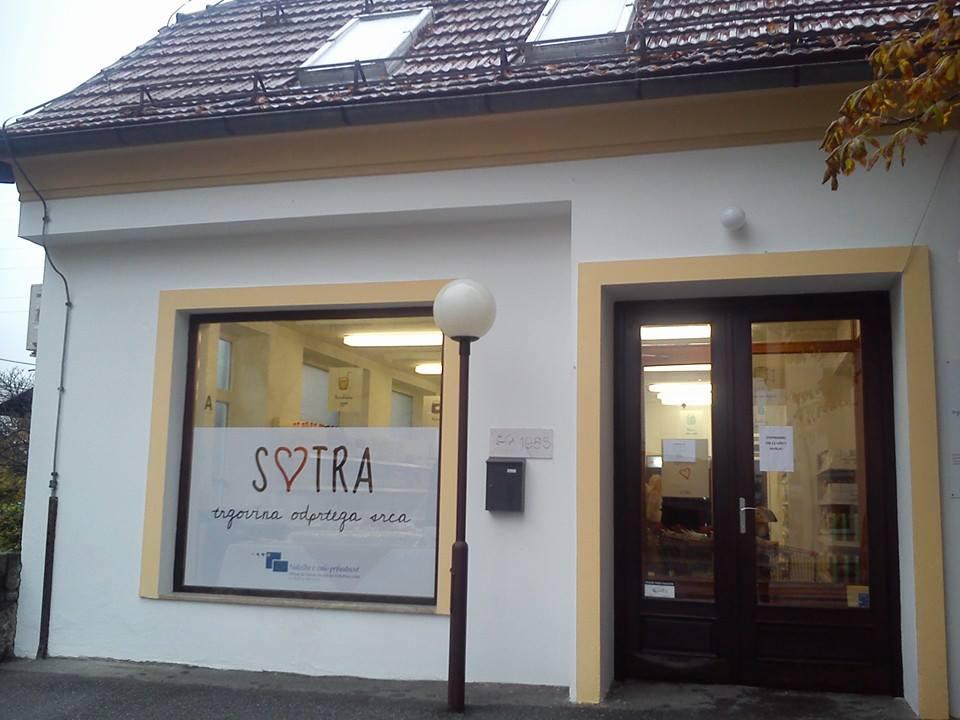
Low-income customers were able to buy products at affordable prices at Sotra, and its employees were former jobseekers who found it particularly difficult to find work. The Šent Society opened the shop four years ago after receiving 300,000 euros of European as well as state non-refundable funds. When co-financing came to a close, the charity grocery ran into financial trouble due to rent at a market price as well as too high retailers’ prices. Therefore, Sotra closed in July and was considering moving to rent-free premises owned by the municipality. Šent, however, now estimates that not even this would work.
According to Šent’s vice-president Edo Belak: “The shop could operate if it received additional financing, but we’ve decided not to pursue the matter.” Belak emphasizes that the concept of a charity grocery is modelled upon similar shops across Europe, which are based solely on surplus that is created by producers or suppliers, yet the concept has failed to take off in Slovenia.
Sotra owes its suppliers 20,000 euros. Since they refuse to write it off, Šent will cover the debt as well as all liabilities towards the employees and 620 euros owed to the Upornik charity society. The head of Upornik Boris Krabonja is disappointed that Sotra is closing and warns it will be a great loss for the poor as well as the shop’s employees who come from marginalised social groups and face difficulties in finding work. Krabonja argues that the government should do more to preserve the charity shop in north-eastern Slovenia by encouraging suppliers to donate rather than having the shop buy products at the same or only slightly lower prices than other grocers.
Nearly 5,000 low-income people owned a card that enabled purchases in Sotra at discounted prices. Toward the end of its operation, the shop had four employees, out of which three were not easily employable.

































































